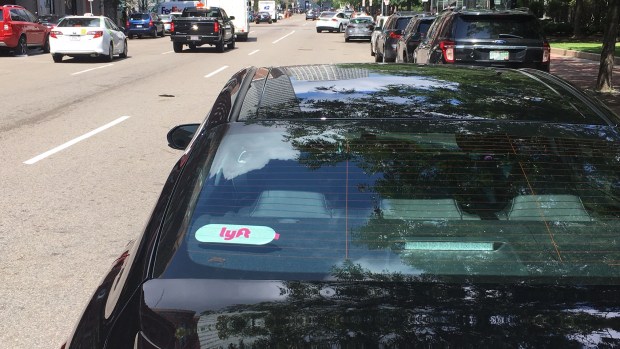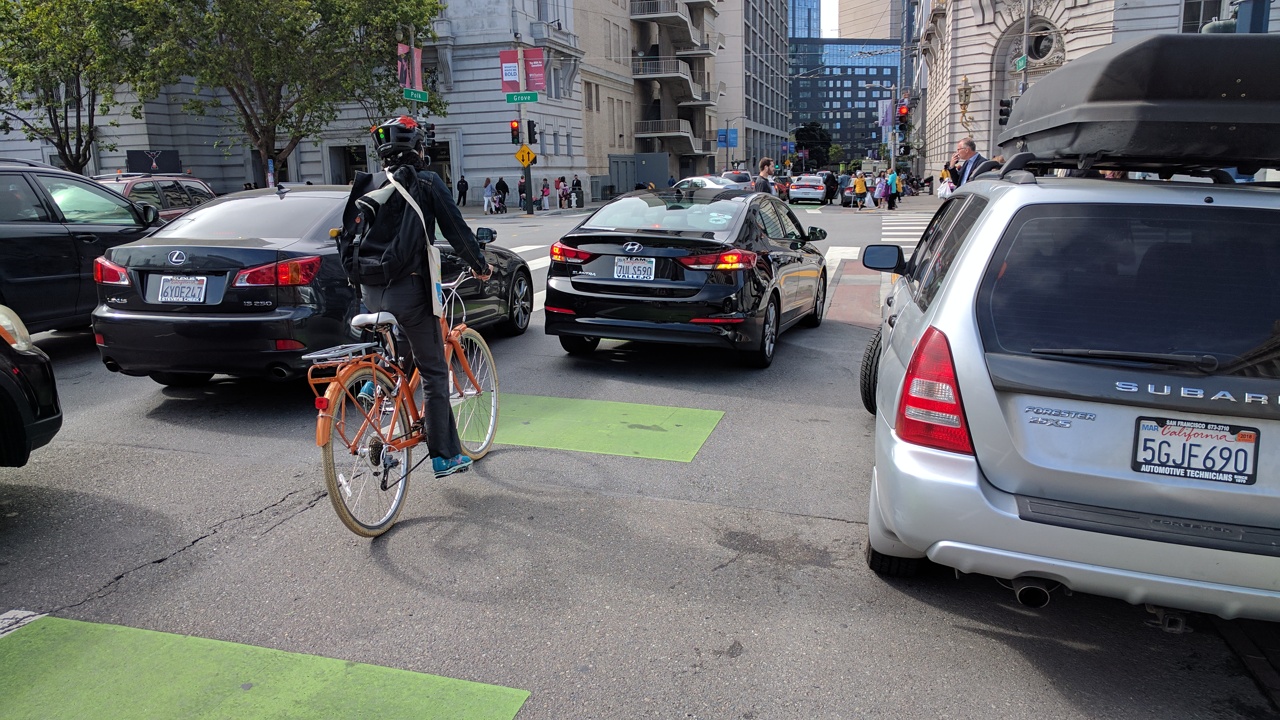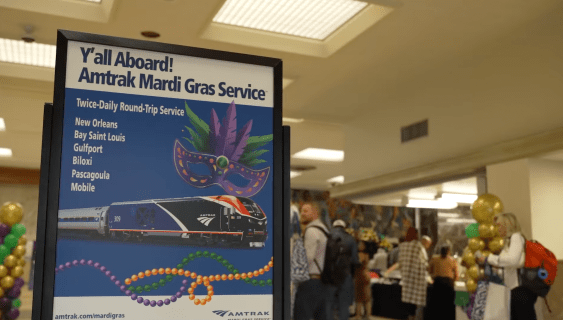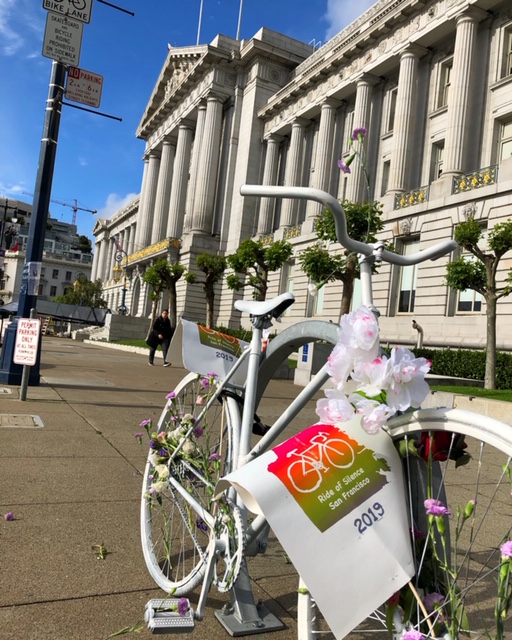
Uber and Lyft are notorious for bearing significant responsibility for the Boston region’s increasingly bad traffic congestion.
But to their credit, these two companies and their Silicon Valley investors have paid out millions of dollars to municipal transportation initiatives through a 20 cent-per-ride fee, which gets split evenly between the state and the local municipality where each ride originates.
The current fee has financed millions of dollars’ worth of sustainable transportation projects across the state, especially in Boston, where most rides originate. In 2018, the City of Boston – which accounted for more than half of the entire state’s Uber and Lyft rides – collected $4.2 million in revenue from the 42 million rides that originated in the city.
Cambridge, the next busiest city for ride-hailing apps, collected $782,758.40 in 2018, and Somerville collected $332,308.70.
Here’s a sampling of how the money’s being used:
- Boston: In 2018, Boston used $1 million of its fees from Uber and Lyft to rebuild and repair sidewalks, with a focus on lower-income neighborhoods with high rates of walking.
- $509,505 of Boston’s fees were budgeted to “redesigning key intersections and corridors,” including safety improvements for Massachusetts Avenue through the Boston Medical Center, design for the “Connect Downtown” project, and design for safer crosswalks along the Southwest Corridor path.
- $500,000 in Boston’s revenue was budgeted to expanding the Blue Bikes network. These funds supported the opening of new stations across Mattapan, Roslindale, and Dorchester earlier this summer.
- $250,000 went to implementing new “tactical” plazas like the one that appeared at Phillips Square in Chinatown this summer.
The pop-up plaza at Phillips Square in Chinatown is nearly complete as of Wednesday, August 29, 2019.
- The remainder of Boston’s ride-hailing revenue supported new staff positions in its public works department to accelerate GoBoston 2030 projects, new “curb management” programs to wrangle Uber and Lyft stops in high-traffic areas, and basic maintenance programs, including traffic signal re-timing, refreshment of pavement markings, and improved safety signage.
- Cambridge: In 2018, the City of Cambridge budgeted $678,236.60 of revenue from its ride-hailing fees to help finance the reconstruction of Inman Square with new protected bike lanes and plazas. The project is now under construction.
- Somerville: Somerville’s FY2020 budget earmarks $75,000 in ride-hailing fees for new bicycle and pedestrian pavement markings, $100,000 for traffic signal re-timing, and $77,000 for a staff transportation planner.
- Everett: According to Everett planner Jay Monte, fees from Uber and Lyft have been leveraged to expand the Blue Bikes network along the city’s Broadway corridor with nine new docks that opened this summer.
- Brookline: In 2019, Brookline earmarked $117,757 in its share of ride-hailing fees to fund a design study for the Beacon Street bridleway project, which would restore an Olmsted-designed bike and pedestrian pathway though the center of the town to Audubon Circle in Boston.
- Brookline also budgeted $77,000 for three programs “to increase access to transportation services for Brookline seniors,” and $40,000 for bus stop improvements.
Many policymakers agree that that 20-cent fee does not adequately compensate the public for the massive traffic headaches that Uber and Lyft drivers create.
Governor Baker’s proposed 2021 budget would increase fees on app-based ridehailing companies like Uber and Lyft to $1 per ride. Under that proposal, most of the new fee – 70 cents per ride – would go to the state, to help pay for an increased MBTA operating budget. The remaining 30 cents would go to the city or town where each ride originates – potentially tripling the amount of local funds available for projects like these.
Even larger fees are under discussion in the Legislature, which has been struggling to come up with a financing plan for the state’s transportation needs.
The State of New York recently approved a $2.75 fee on all Uber and Lyft rides in the busiest parts of Manhattan, and Boston Mayor Marty Walsh has been advocating for bills that would charge a 6.25 percent sales tax on every ride, plus a 20 cent-per-mile fee on drivers who cruise neighborhoods with no passengers during rush hours.

 The pop-up plaza at Phillips Square in Chinatown is nearly complete as of Wednesday, August 29, 2019.
The pop-up plaza at Phillips Square in Chinatown is nearly complete as of Wednesday, August 29, 2019.



